Emperors of Legend – BONUS

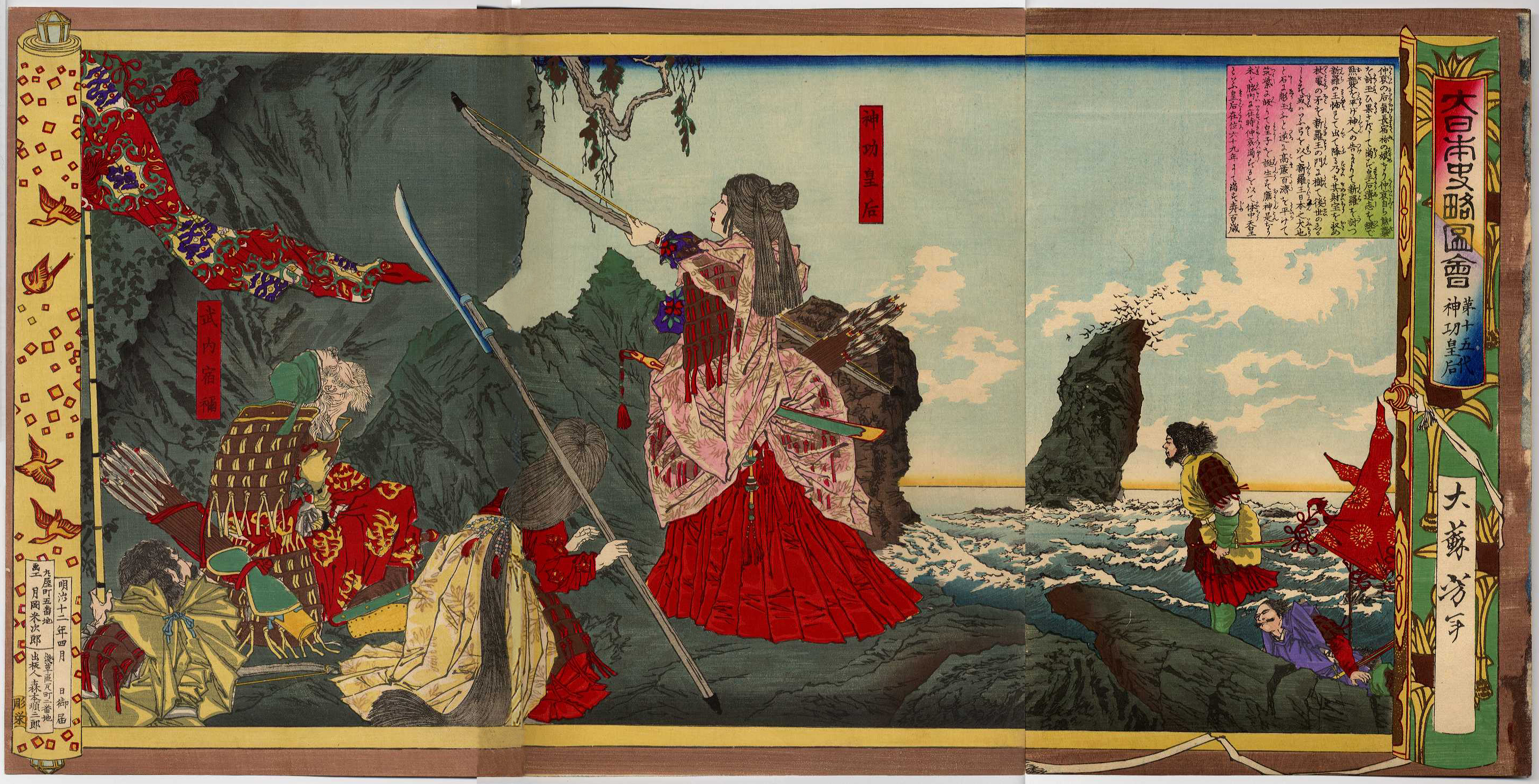


Here’s the complete text, taken from William George Ashton’s 1896 translation of the Nihon Shoki, which you can read for free here.
I. Harmony is to be valued, and an avoidance of wanton opposition to be honoured. All men are influenced by class-feelings, and there are few who are intelligent. Hence there are some who disobey their lords and fathers, or who maintain feuds with the neighboring villages. But when those above are harmonious and those below are friendly, and there is concord in the discussion of business, right views of things spontaneously gain acceptance. Then what is there which cannot be accomplished!
II. Sincerely reverence the three treasures. The three treasures, viz. Buddha, the Law and the Priesthood, are the final refuge of the four generated beings, and are the supreme objects of faith in all countries. What man in what age can fail to reverence this law? Few men are utterly bad. They may be taught to follow it. But if they do not betake them to the three treasures, wherewithal shall their crookedness be made straight?
III. When you receive the Imperial commands, fail not scrupulously to obey them. The lord is Heaven, the vassal is Earth. Heaven overspreads, and Earth upbears. When this is so, the four seasons follow their due course, and the powers of Nature obtain their efficacy. If the Earth attempted to overspread, Heaven would simply fall in ruin. Therefore is it that when the lord speaks, the vassal listens; when the superior acts, the inferior yields compliance. Consequently when you receive the Imperial commands, fail not to carry them out scrupulously. Let there be a want of care in this matter, and ruin is the natural consequence.
IV. The Ministers and functionaries should make decorous behavior their leading principle, for the leading principle of the government of the people consists in decorous behavior. If the superiors do not behave with decorum, the inferiors are disorderly: if inferiors are wanting in proper behavior, there must necessarily be offences. Therefore it is that when lord and vassal behave with propriety, the distinctions of rank are not confused: when the people behave with propriety, the Government of the Commonwealth proceeds of itself.
V. Ceasing from gluttony and abandoning covetous desires, deal impartially with the suits which are submitted to you. Of complaints brought by the people there are a thousand in one day. If in one day there are so many, how many will there be in a series of years? If the man who is to decide suits at law makes gain his ordinary motive, and hears causes with a view to receiving bribes, then will the suits of the rich man be like a stone flung into water, while the plaints of the poor will resemble water cast upon a stone. Under these circumstances the poor man will not know whither to betake himself. Here too there is a deficiency in the duty of the Minister.
VI. Chastise that which is evil and encourage that which is good. This was the excellent rule of antiquity. Conceal not, therefore, the good qualities of others, and fail not to correct that which is wrong when you see it. Flatterers and deceivers are a sharp weapon for the overthrow of the State, and a pointed sword for the destruction of the people. Sycophants are also fond, when they meet, of dilating to their superiors on the errors of their inferiors; to their inferiors, they censure the faults of their superiors. Men of this kind are all wanting in fidelity to their lord, and in benevolence towards the people. From such an origin great civil disturbances arise.
VII. Let every man have his own charge, and let not the spheres of duty be confused. When wise men are entrusted with office, the sound of praise arises. If unprincipled men hold office, disasters and tumults are multiplied. In this world, few are born with knowledge: wisdom is the product of earnest meditation. In all things, whether great or small, find the right man, and they will surely be well managed: on all occasions, be they urgent or the reverse, meet but with a wise man, and they will of themselves be amenable. In this way will the State be lasting and the Temples of the Earth and of Grain will be free from danger. Therefore did the wise sovereigns of antiquity seek the man to fill the office, and not the office for the sake of the man.
VIII. Let the Ministers and functionaries attend the Court early in the morning and retire late. The business of the state does not admit of remissness, and the whole day is hardly enough for its accomplishment. If, therefore, the attendance at Court is late, emergencies cannot be met: if officials retire soon, the work cannot be completed.
IX. Good faith is the foundation of right. In everything let there be good faith, for in it there surely consists the good and the bad, success and failure. If the lord and the vassal observe good faith one with another, what is there which cannot be accomplished? If the lord and the vassal do not observe good faith towards one another, everything without exception ends in failure.
X. Let us cease from wrath, and refrain from angry looks. Nor let us be resentful when others differ from us. For all men have hearts, and each heart has its own leanings. Their right is our wrong, and our right is their wrong. We are not unquestionably sages, nor are they unquestionably fools. Both of us are simply ordinary men. How can any one lay down a rule by which to distinguish right from wrong? For we are all, one with another, wise and foolish, like a ring which has no end. Therefore, although others give way to anger, let us on the contrary dread our own faults, and though we alone may be in the right, let us follow the multitude and act like them.
XI. Give clear appreciation to merit and demerit, and deal out to each its sure reward or punishment. In these days, reward does not attend upon merit, nor punishment upon crime. Ye high functionaries who have charge of public affairs, let it be your task to make clear rewards and punishments.
XII. Let not the provincial authorities or the Kuni no Miyakko levy exactions on the people. In a country there are not two lords; the people have not two masters. The sovereign is the master of the people of the whole country. The officials to whom he gives charge are all his vassals. How can they, as well as the Government, presume to levy taxes on the people?
XIII. Let all persons entrusted with office attend equally to their functions. Owing to their illness or to their being sent on missions, their work may sometimes be neglected. But whenever they become able to attend to business, let them be as accommodating as if they had cognizance of it from before, and not hinder public affairs on the score of their not having had to do with them.
XIV. Ye ministers and functionaries! Be not envious. For if we envy others, they in turn will envy us. The evils of envy know no limit. If others excel us in intelligence, it gives us no pleasure; if they surpass us in ability, we are envious. Therefore it is not until after a lapse of five hundred years that we at last meet with a wise man, and even in a thousand years we hardly obtain one sage. But if we do not find wise men and sages, wherewithal shall the country be governed?
XV. To turn away from that which is private, and to set our faces towards that which is public—this is the path of a Minister. Now if a man is influenced by private motives, he will assuredly feel resentments, and if he is influenced by resentful feelings, he will assuredly fail to act harmoniously with others. If he fails to act harmoniously with others, he will surely sacrifice the public interests to his private feelings. When resentment arises, it interferes with order, and is subversive of law. Therefore in the first clause it was said, that superiors and inferiors should agree together. The purport is the same as this.
XVI. Let the people be employed (in forced labor) at seasonable times. This is an ancient and excellent rule. Let them be employed, therefore, in the winter months, when they are at leisure. But from Spring to Autumn, when they are engaged in agriculture or with the mulberry trees, the people should not be so employed. For if they do not attend to agriculture, what will they have to eat? if they do not attend to the mulberry trees, what will they do for clothing?
XVII. Decisions on important matters should not be made by one person alone. They should be discussed with many. But small matters are of less consequence. It is unnecessary to consult a number of people. It is only in the case of the discussion of weighty affairs, when there is a suspicion that they may miscarry, that one should arrange matters in concert with others, so as to arrive at the right conclusion.


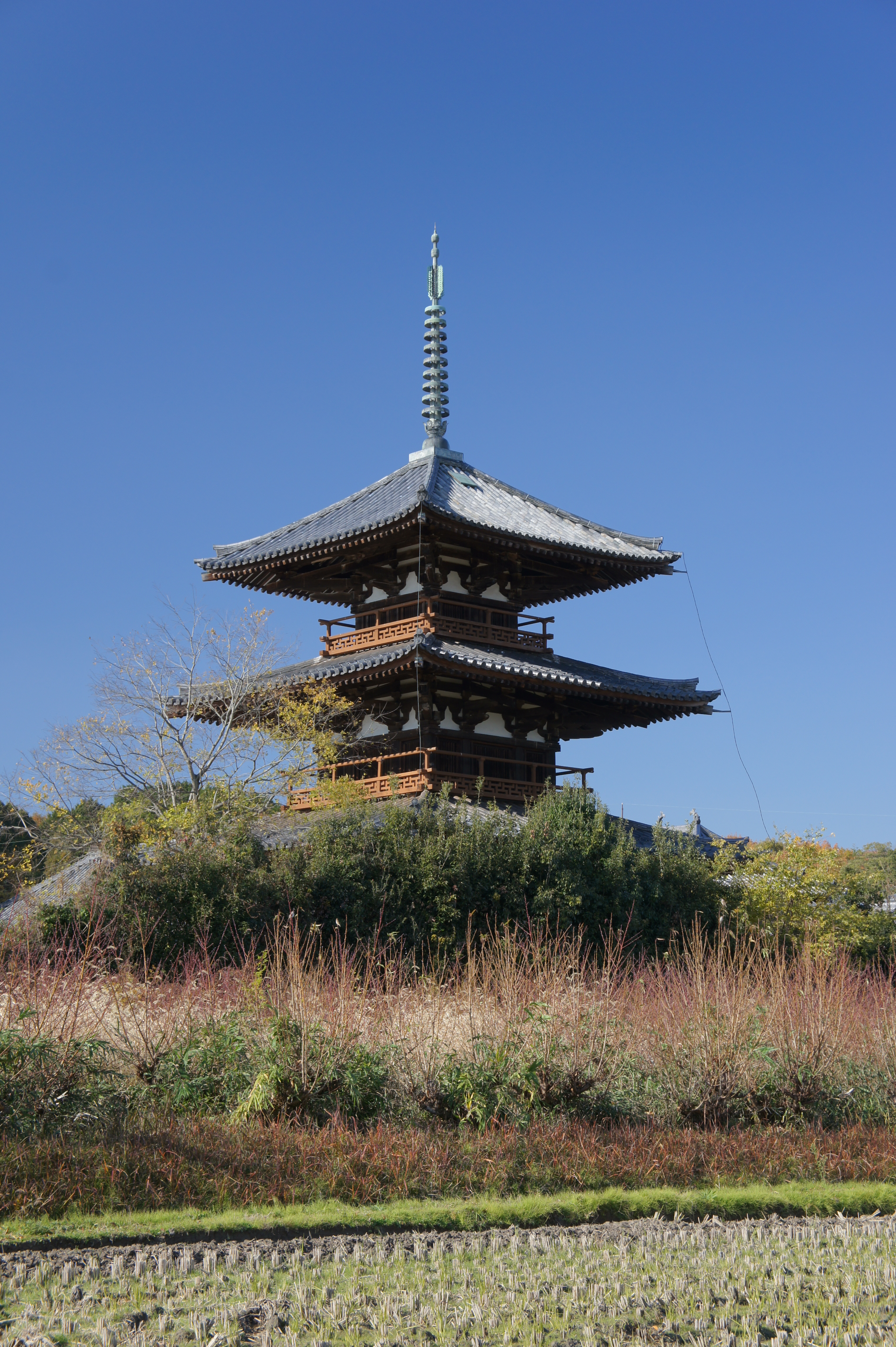
The Daijo-kan 太政官 (Great Council of State):

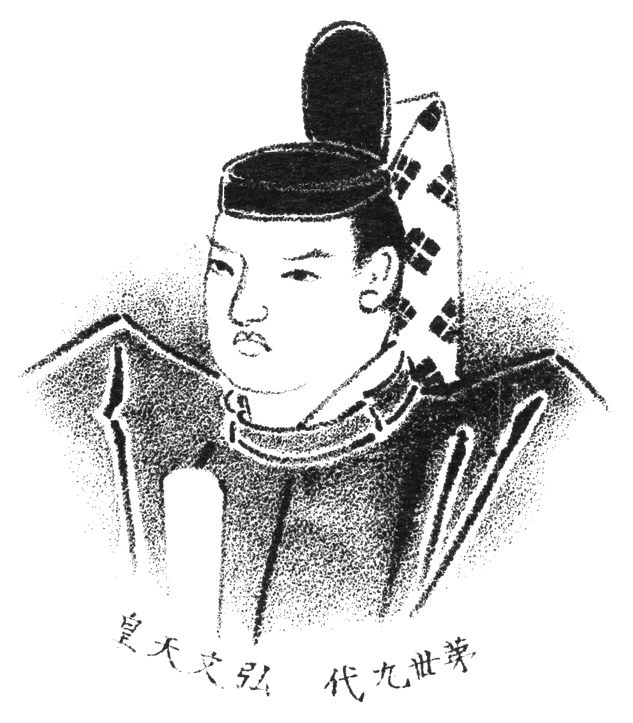

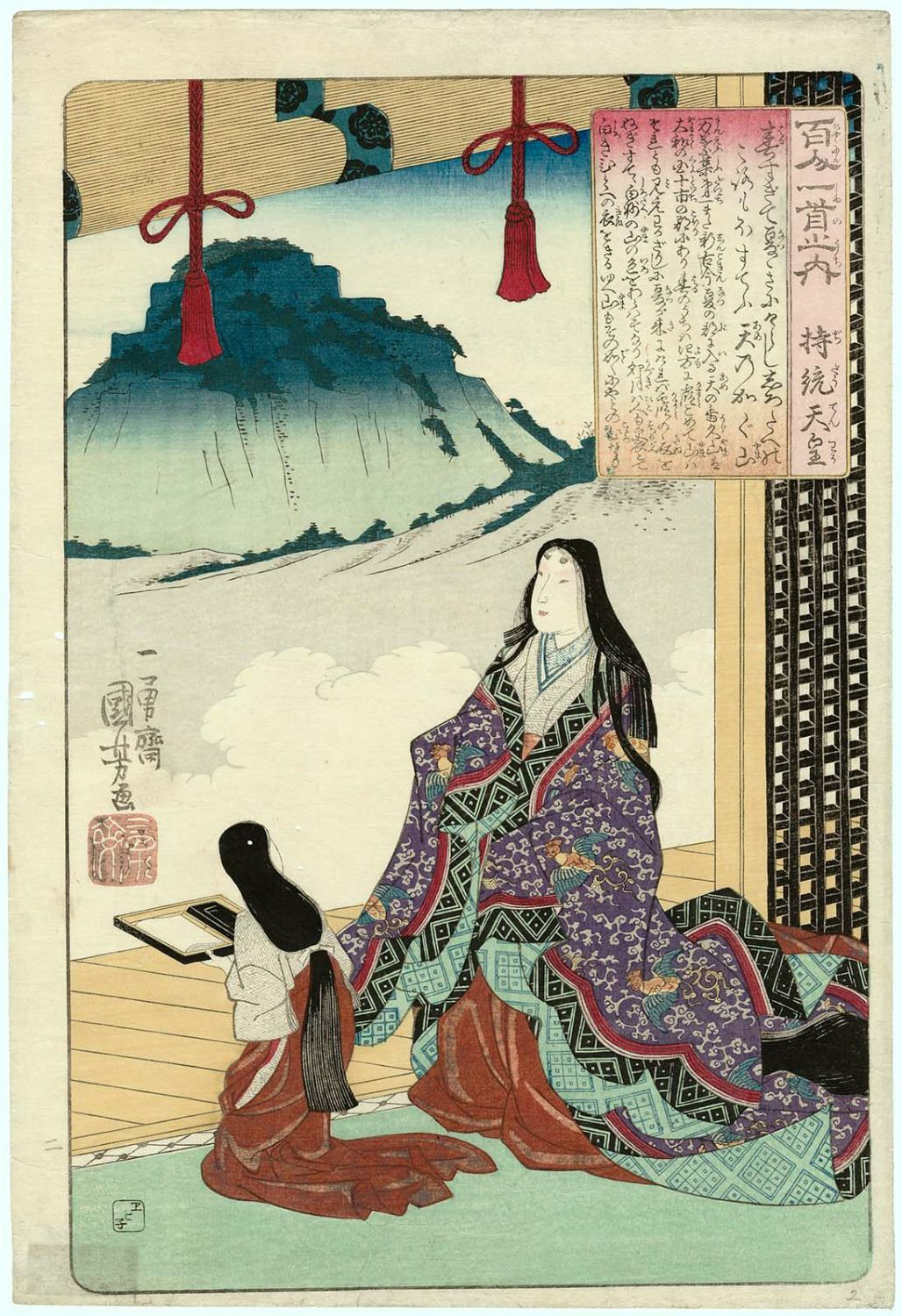
The poem in the woodblock printing above, translated into English:
The spring has passed
And the summer come again
For the silk-white robes
So they say, are spread to dry
On Mount Kaguyama



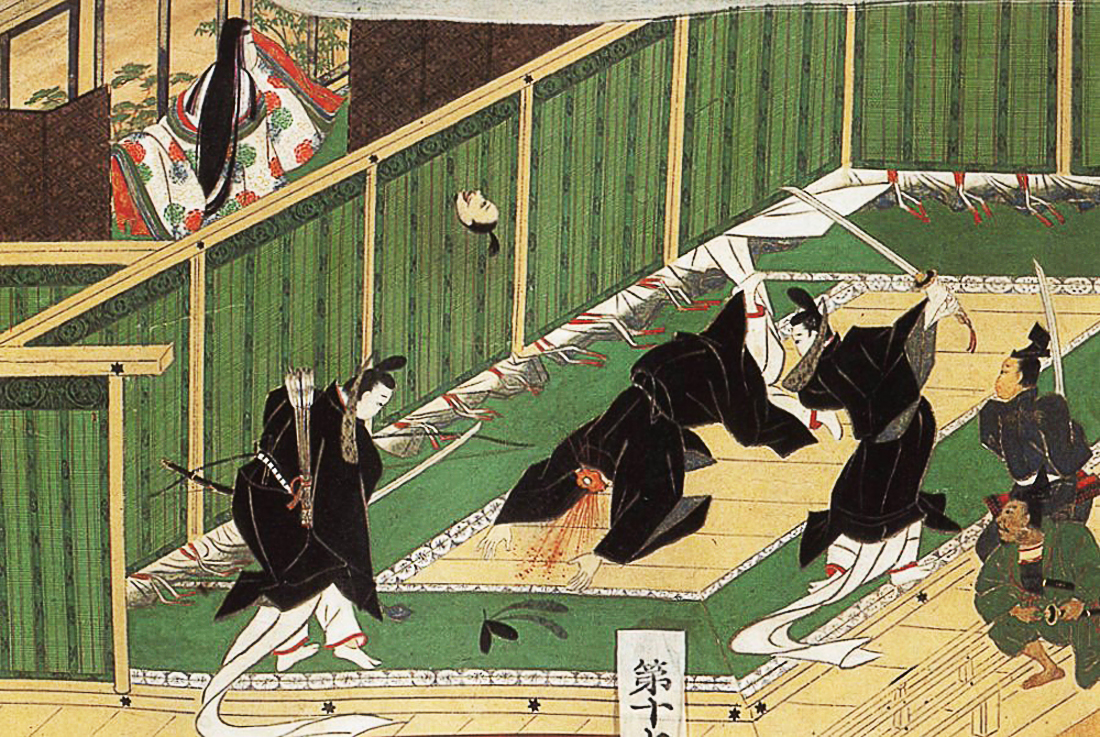


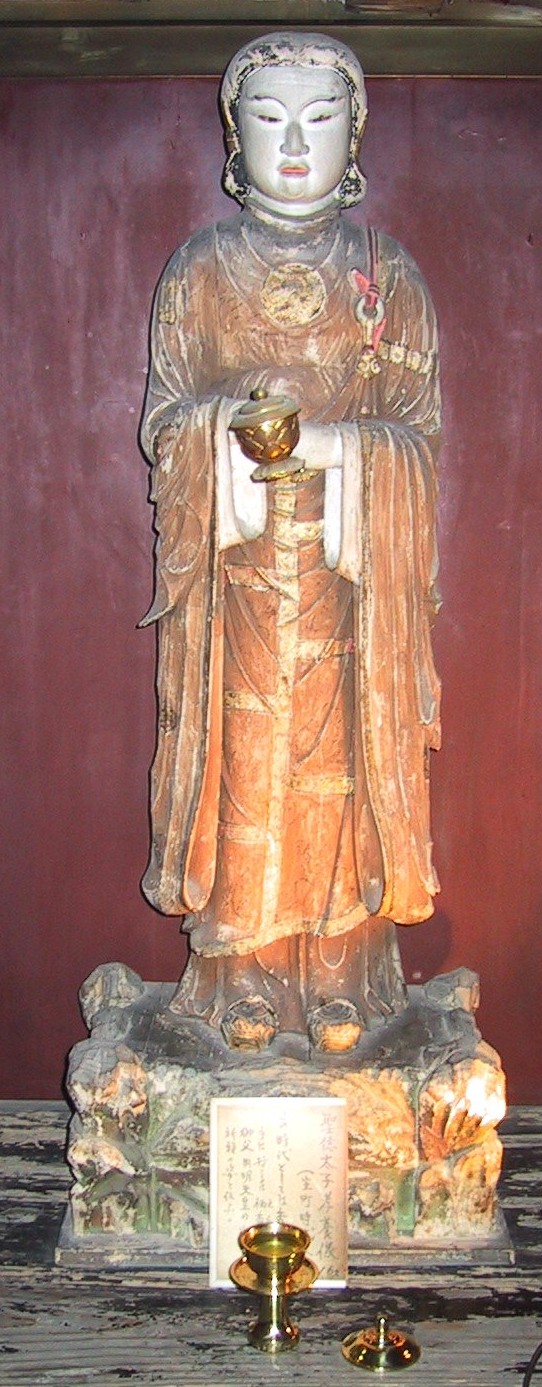
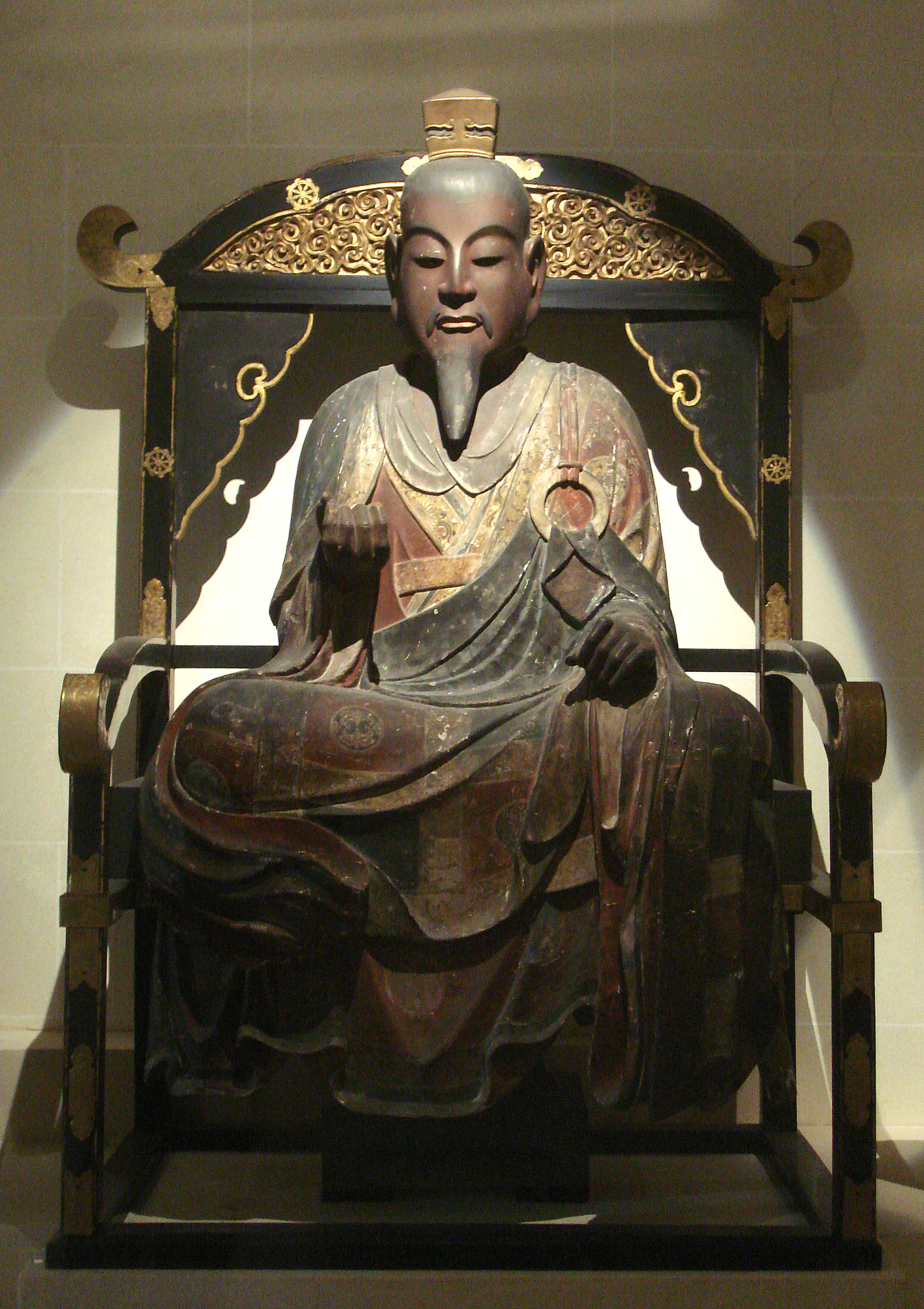
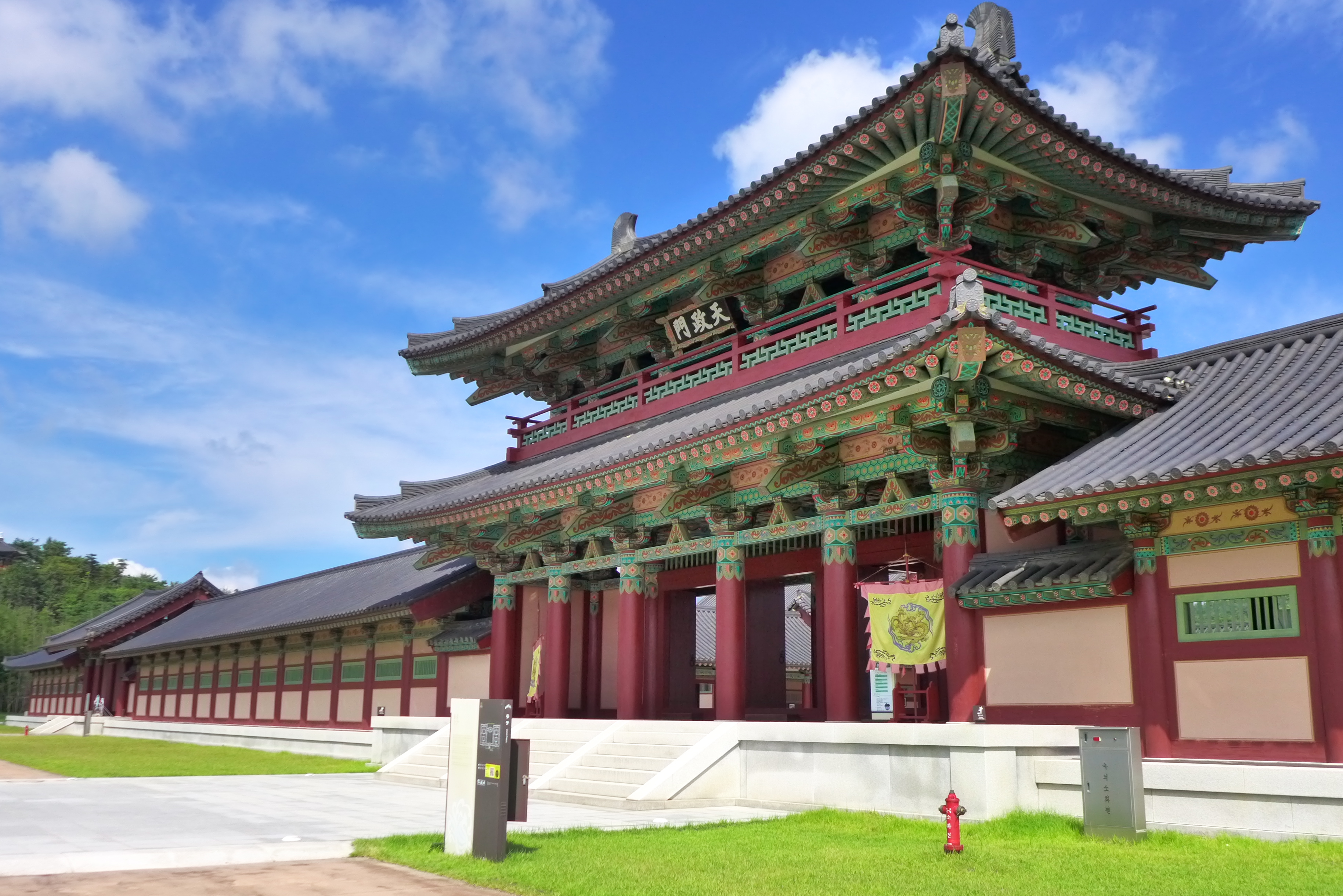

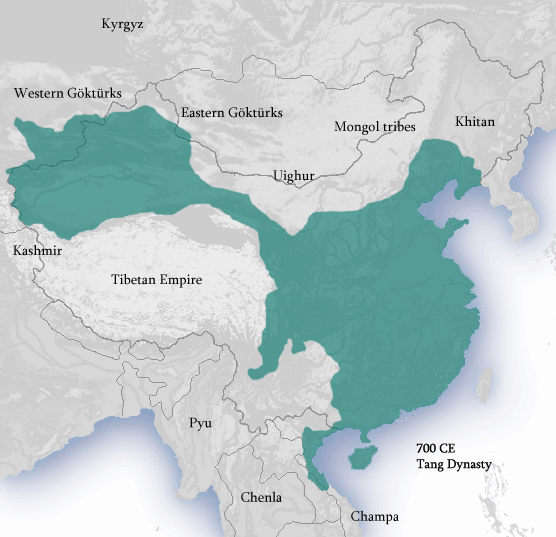
Recent Comments